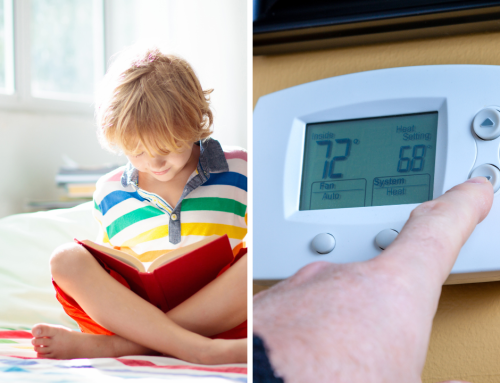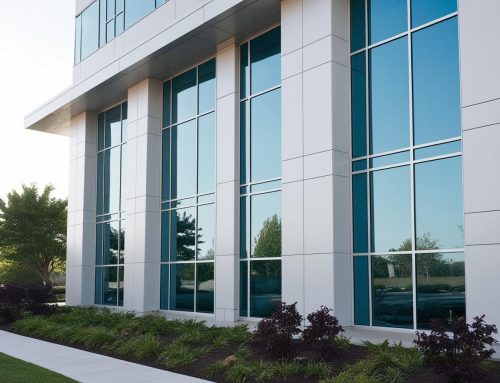In the pursuit of sustainable living and energy-efficient office spaces, individuals and businesses are constantly seeking innovative solutions. One often overlooked yet highly effective way to achieve both sustainability and energy efficiency is through the strategic application of window film. This unassuming addition to windows in homes and offices can significantly impact overall energy consumption, offering a range of benefits that extend beyond mere aesthetics.
Does Window Film Help with Energy Efficiency?
Windows play a crucial role in the energy dynamics of a building, influencing temperature regulation, lighting, and overall comfort. Window films, designed with advanced technology, act as a shield against the adverse effects of external elements. One primary contribution is enhancing energy efficiency.
Traditional windows may allow the transfer of heat, UV rays, and glare, leading to increased energy consumption for cooling systems. Window films, however, act as a barrier that selectively filters out unwanted elements while allowing natural light to permeate. This means reduced reliance on artificial lighting, contributing to lower energy consumption.
Does Window Film Really Reduce Heat?
One of the primary concerns in both residential and office settings is the influx of heat, especially in regions with intense sunlight. Window film is specifically engineered to address this issue. Advanced solar control films, often categorized as low-emissivity or “low-e” films, are designed to reflect a significant portion of the sun’s heat away from the interior, effectively reducing the temperature inside the space.
By minimizing heat transfer through windows, these films alleviate the burden on cooling systems, leading to lower energy consumption and, consequently, reduced utility bills. This not only benefits the occupants but also aligns with broader environmental goals by curbing the demand for energy-intensive cooling methods.
Do Window Films Save Energy in Winter?
While the focus is often on reducing heat during warmer months, window films also play a pivotal role in energy conservation during winter. High-quality window films offer insulation properties that help retain indoor heat. By preventing heat loss through windows, these films contribute to maintaining a comfortable indoor temperature without overburdening heating systems.
In colder climates, the insulating effect of window films can translate into substantial energy savings. The reduced need for constant heating not only conserves energy but also reduces greenhouse gas emissions associated with heating processes.

The Environmental Impact of Window Film
Beyond the immediate benefits of energy efficiency, window film contributes significantly to sustainability efforts. The reduction in energy consumption directly translates to a decreased carbon footprint, aligning with global initiatives to combat climate change. Additionally, the longevity and durability of window films mean less frequent replacements, reducing waste and promoting a more sustainable lifestyle.
Moreover, certain window films are designed to block harmful UV rays, which not only protects occupants from potential health risks but also safeguards furnishings and interiors from fading and degradation. This longevity adds another layer of sustainability by extending the lifespan of furniture, flooring, and other interior elements.
Choosing the Right Window Film
To maximize the benefits of window films for energy efficiency and sustainability, it’s essential to choose the right type for specific needs. Various films offer different levels of solar control, UV protection, and insulation. Consulting with professionals can help determine the most suitable option based on factors like geographic location, building orientation, and specific energy goals.
In conclusion, the integration of window film into residential and office environments is a small change that yields significant impacts on both energy efficiency and sustainability. By acting as a shield against heat, UV rays, and glare, window films contribute to a more comfortable living and working environment. The energy savings realized through reduced reliance on artificial lighting and temperature control systems align with broader environmental goals, making window films an integral part of sustainable living and responsible energy consumption. As individuals and businesses increasingly embrace eco-friendly practices, the transformative power of window film emerges as a beacon of innovation in the journey towards a greener, more sustainable future.







